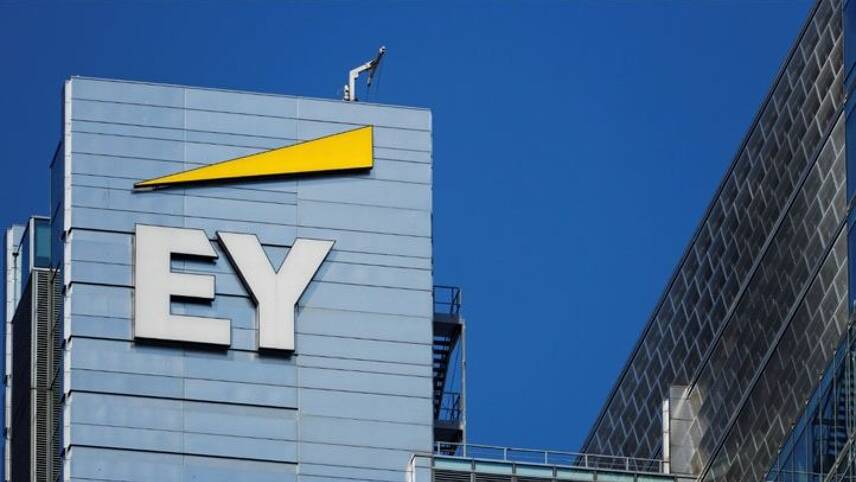Register for free and continue reading
Join our growing army of changemakers and get unlimited access to our premium content

Carbon13 wants to support climate solutions “with the combined potential to reduce CO2e emissions by 400 million tonnes"
EY has confirmed investment and partnership with Carbon13, a company that aims to support the creation of start-ups, with a specific focus on supporting climate solutions “with the combined potential to reduce CO2e emissions by 400 million tonnes”. This is equal to around 1% of global emissions.
Carbon 13 has been set up to help 1,000 entrepreneurs build 200 start-ups through eight-month programmes. EY had previously supported the first two sets of cohorts from the programme and has now committed to collaborating on the next three “venture builder” programmes over the next two years.
EY will share knowledge, insights and advice to help the start-ups to overcome common challenges faced by early-stage businesses.
EY’s global climate change and sustainability services strategy and markets leader Ben Taylor said: “Collaboration is central to building sustainable solutions. EY’s support of Carbon13 aligns with our belief that sustainability is the innovation opportunity of our lifetime.
“By supporting these entrepreneurs and their innovative ideas, we are supporting the development of some of the sustainable solutions best placed to positively impact business, people, and the planet.”
Carbon Arm
The move builds into EY’s decision to launch a new “carbon arm” sustainability service business.
The ‘Big Four’ professional services firm announced the move last month, confirming plans for £100m of investment in the department, to be called EY Carbon, that would consist of 1,300 people in the UK to staff its operations.
Professionals working within EY Carbon will be tasked with supporting businesses to improve their net-zero plans. EY said in a statement that it has timed the launch of the service ahead of the Treasury’s upcoming net-zero transition plan mandate.
Under that mandate, announced at COP26 last November, large firms in high-emitting sectors will be required to draw up plans for transitioning to net-zero, detailing how emissions cuts will be achieved; how investment plans will change and how workers and communities will be supported. Research has repeatedly shown that many large firms are failing on this latter just transition aspect.
Last year, the company confirmed that a combination of decarbonising and offsetting meant that it now removes more carbon than it emits. EY has a target in place to reach net-zero emissions by 2025.
Matt Mace


Please login or Register to leave a comment.